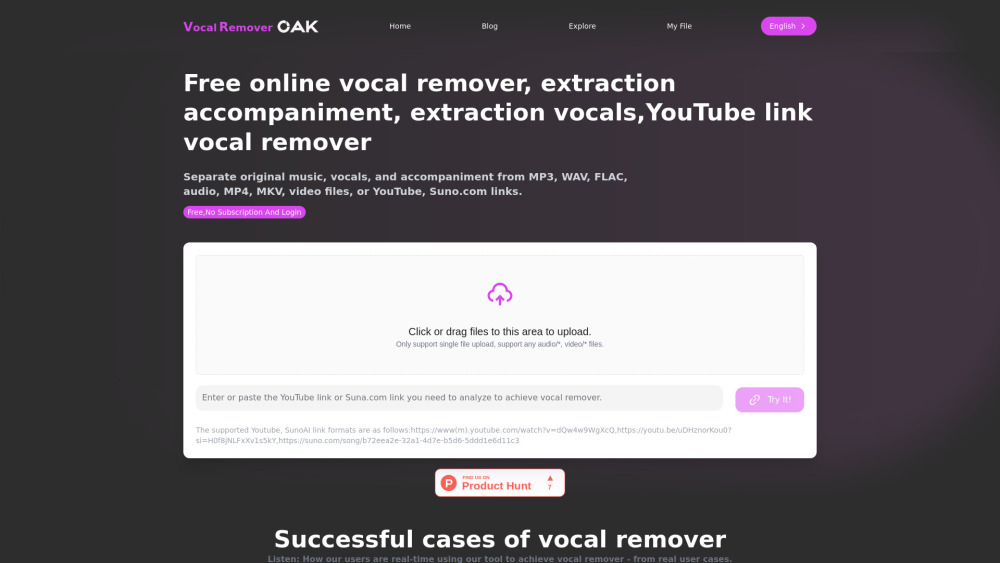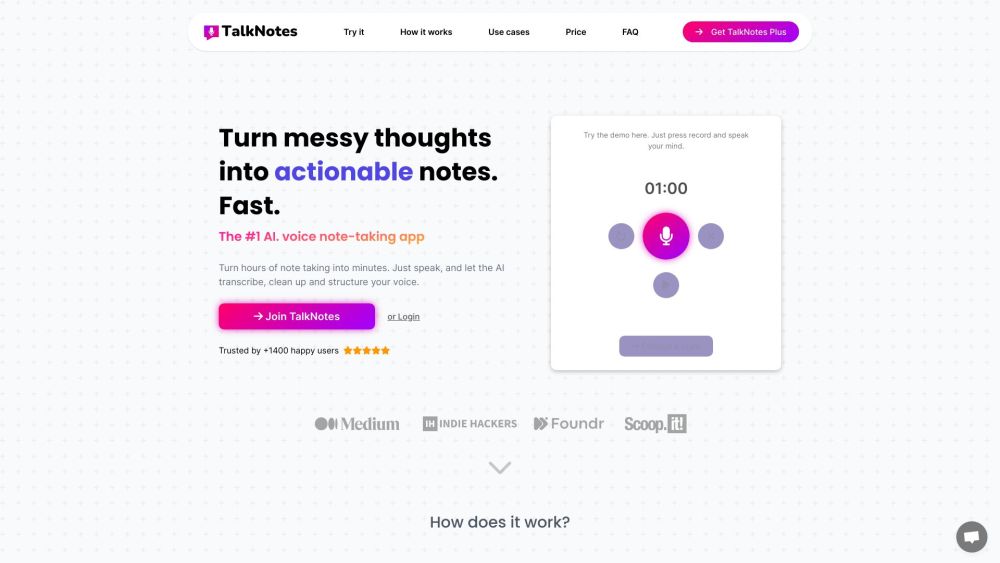Lucas Ochoa and Gautam Bose began their careers together at Google Creative Lab, Google’s innovation hub for technology and culture, where they spent three and a half years developing products like the AI Test Kitchen, Teachable Machine, and Google Pixel Buds Pro. In early 2020, their team focused on exploring consumer applications of Google’s LaMDA large language model, ultimately creating over 50 prototypes that integrated LaMDA across various Google apps and services.
While working with LaMDA, Ochoa and Bose recognized that enterprise automation often depends on outdated tools burdened by licensing fees. They found that many solutions designed for “citizen developers” were more complicated than necessary.
“In our view, the main challenge in the industry is effectively integrating the advancements from generative AI—essentially discovering the most user-friendly automation methods using AI,” Ochoa and Bose shared in an email interview. “We firmly believe that addressing the action-oriented side of software automation is vital for giving future AI models the agency to perform valuable tasks.”
Drawing on robotics techniques that use large language models like LaMDA to convert instructions into actions, Ochoa and Bose developed an AI system named Lasso, which translates videos or descriptions into automated workflows. They eventually left Google to dedicate their efforts to Lasso full-time, joining Y Combinator’s Winter 2023 cohort.
Now rebranded as Automat, the platform can deconstruct recordings of workflows into detailed, step-by-step instructions. It leverages AI to interpret these instructions, effectively performing tasks on behalf of users. Ochoa and Bose assert that Automat can automate nearly any PC workflow—from processing insurance claims to simplifying the submission of construction permits and trade licenses. By integrating AI with various third-party applications like HubSpot and Salesforce, Automat can manage documents, oversee inventory, and even respond to text messages and emails.
Automat offers two versions: unattended and attended. The unattended version runs autonomously in the cloud and requires no human oversight, while the attended version functions like a “copilot,” assisting users with repetitive tasks.
“Essentially, Automat takes care of tedious and monotonous work that hinders business scalability,” Ochoa and Bose explained. “We partner with executives and engineers who seek to enhance operational efficiencies or leverage automation for innovative product offerings.”
However, Automat isn’t an instant solution; customers must submit a video or description of the processes they want automated, which the Automat team will then analyze, taking a few days to create the automation.
Automat is not the first to introduce a video-to-workflow conversion tool; several established robotic process automation (RPA) vendors, including MuleSoft, Microsoft (through Power Automate), and ServiceNow, provide similar services.
Despite this competition, Ochoa and Bose claim that Automat is up to 10 times faster and one-tenth the cost of existing workflow automation solutions. “Major players in this field include UiPath, Intelligent Automation, and Blue Prism. Our approach diverges from theirs; instead of cumbersome low-code tools or proprietary programming frameworks, we deliver robust automations using simple instructions,” they stated. “For companies lacking the resources for scaling, we enable them to cut out time-consuming tasks affordably, allowing them to focus on what truly matters.”
Automat has recently completed a pilot program and is now collaborating with its first group of paying clients, which Ochoa and Bose report includes both small and medium-sized businesses as well as larger corporations.
To boost the platform’s growth, Automat secured $3.75 million in funding from Initialized Capital and Khosla Ventures. This investment will help launch Automat’s new Sandbox feature, enabling users to manage workflows and utilize new standalone document and image data extraction APIs. Additionally, part of the funding will go toward expanding Automat’s team from three full-time employees to about a dozen contractors.
“We’re leveraging this funding round to enhance our engineering team and are actively recruiting professionals experienced in machine learning. We chose to raise funds due to our early traction and customer demand,” Ochoa and Bose commented. “With this financial support, we are building a lean, technical team to balance customer implementations alongside an ambitious R&D roadmap.”
The market for robotic process automation (RPA), technology designed to automate repetitive enterprise tasks, appears to be stabilizing after a challenging period. Research from Forrester predicts significant growth, projecting the sector will reach around $16 billion by 2025.
“Automat is the type of tool that remains essential regardless of market conditions: as the market undergoes fluctuations, companies depend on automation to reduce operational costs and boost efficiency. Conversely, during growth periods, flow automation allows businesses to expand without incurring steep scaling expenses.”





